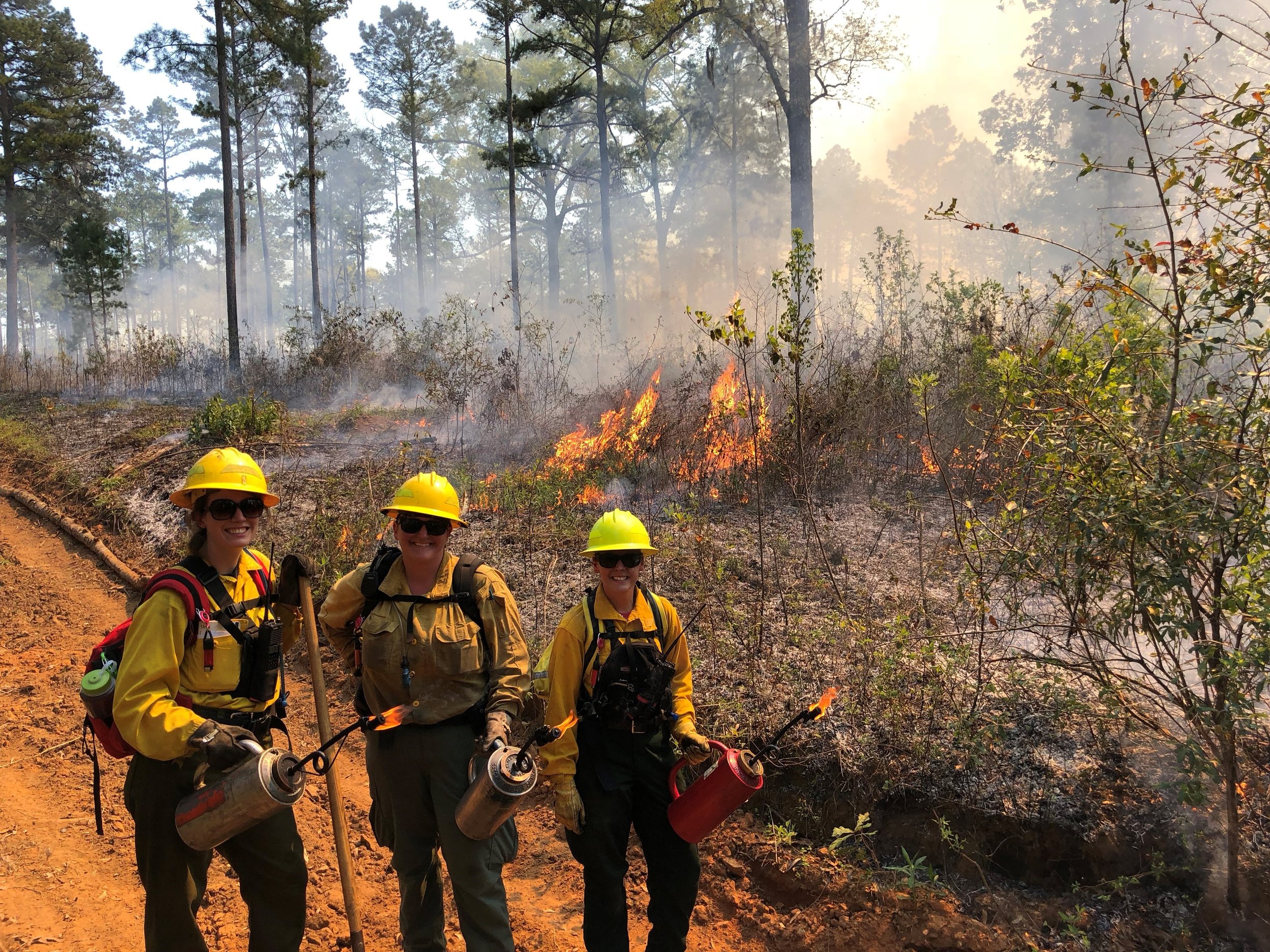Supported by a $500,000 grant from the Forest Health Research Program, the Sequoia Foundation, in partnership with the California Department of Public Health and others, is investigating the impacts of increasing prescribed fire on air quality and public health outcomes. Although prescribed fire plans are designed to limit air quality impacts to communities, they still produce some level of smoke. In this project, this interdisciplinary team will collect information that can help minimize the impacts of this smoke through a combination of smoke modeling, exposure assessment, health analysis, and community engagement.
California is facing a turning point in its relationship with wildlands and fire. In 2020, wildfires burned over four million acres of land across California, creating smoke that blanketed much of the state. Prescribed fire has been identified as a key tool for reducing the intensity of wildfires, mitigating risk, and improving forest health, and State and federal agencies plan to significantly increase its use in the coming decade. However, while research into the health effects of wildfire smoke is increasing, relatively little is known about the health effects of prescribed burns.
“I’m okay with a little bit more smoke, because I think of what it prevents,” said one Sierra Nevada resident during a listening session held as part of this research project. “And I think over the next period of—you know—five to ten years or so if we had more prescribed fires, we can really cut back on what the potential is for uncontrolled wildfires.”
The research project aims to advance knowledge across multiple areas, including exposure, health, and community experience. How will that smoke compare to what we expect from wildfires? What are the differences in health impacts from prescribed burn and wildfire smoke exposure? What do residents in communities at risk from wildfire experience regarding smoke, health symptoms, and life impacts? “These are key questions as the State ramps up its use of prescribed fire” says Joe Restaino, lead for the CAL FIRE Prescribed Fire Monitoring Program.


